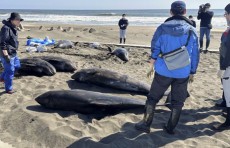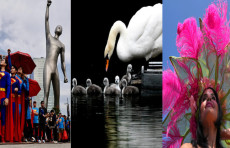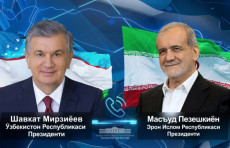Uzbekistan annually consumes $1.6 billion worth of pharmaceutical products and 75% of this volume is imported
Uzbekistan annually consumes $1.6 billion worth of pharmaceutical products and 75% of this volume is imported
On April 12, President Shavkat Mirziyoyev held a meeting on the development of the pharmaceutical industry.
On January 21 this year, the President signed a decree on the accelerated development of the pharmaceutical industry in 2022-2026. The document defines the task of increasing the domestic production of medicines by 3 times, bringing the level of supply of the domestic market to 80 percent in physical terms.
At the meeting, the work begun in this direction, the state of sectoral projects were critically analyzed.
Our country annually consumes $1.6 billion worth of pharmaceutical products. Most of this volume - almost $1.2 billion in production - is imported.
The indicators of production capacities in the regions are recognized as absolutely unsatisfactory. In Kashkadarya, Surkhandarya, Khorezm, Bukhara and Ferghana regions, local producers provide only 2-5 percent of regional consumption with their products.
In this regard, the Agency for the Development of the Pharmaceutical Industry has been tasked with completely restructuring the work with projects. Measures have been identified to study the demand for medicines and develop their production.
In particular, 34 projects worth $80 million are planned for the current year. Responsible persons were instructed to assist entrepreneurs and take measures for the timely launch of production. The necessity of negotiating with large foreign companies and attracting their brands was indicated.
In addition, the Center for the Development of Investment Projects has prepared another 18 promising projects. The head of state recommended that they be implemented in cooperation with companies from countries with developed pharmaceuticals, such as India, Germany, Turkey, China, and South Korea. Credit resources for $200 million will be attracted to finance new projects and replenish working capital.
When discussing the export of the industry, it was noted that most of it falls in the city of Tashkent, Tashkent and Syrdarya regions, while in other regions the figures are much lower. It was noted that the result of new projects should be a significant increase in the export of pharmaceutical products.
The Ministry of Health and the Ministry of Finance were instructed to organize a guaranteed purchase for 3 years of 120 items of popular medicines from local manufacturers. The importance of achieving a reduction in the cost of procurement, especially drugs for the treatment of oncological, haematological, endocrinological and viral diseases, was emphasized.
Support for local producers was also discussed at the meeting.
To date, the list of raw materials exempt from value-added tax for the production of medicines and medical products is approved by five departments. It was determined that from now on the list will be approved by three departments - the Ministry of Investment and Foreign Trade, the Customs Committee and the Agency for the Development of the Pharmaceutical Industry.
Also, the costs of domestic enterprises to obtain a GMP certificate will be compensated by the Agency for the Development of the Pharmaceutical Industry. The financing of the modernization of enterprises will be carried out with the participation of the Direct Investment Fund.
The Ministry of Agriculture and khokims of the regions were instructed to specialize 80 districts in the cultivation of medicinal plants and create appropriate plantations.
To expand this experience, all benefits and funding mechanisms provided for cooperatives and family businesses will also apply to medicinal plants.
Enterprises involved in the processing of medicinal plants will be exempted from paying customs duties on the import of raw materials, equipment and spare parts until January 1, 2025. Up to 50 percent of their transportation costs when exporting finished products will be compensated, and they will be provided with subsidies in the amount of 600,000 soums for every 10 hectares for the water supply of plantations. Plantations of medicinal plants will not be allowed to plant any other crops.
The head of state-supported proposals for organizing clusters of medicinal plants in the regions, opening pharmaceutical faculties in regional universities.
Heads of industries and regions, heads of leading enterprises in the industry and entrepreneurs involved in the cultivation of medicinal plants spoke on the issues discussed. The President gave instructions on the implementation of their proposals and initiatives.





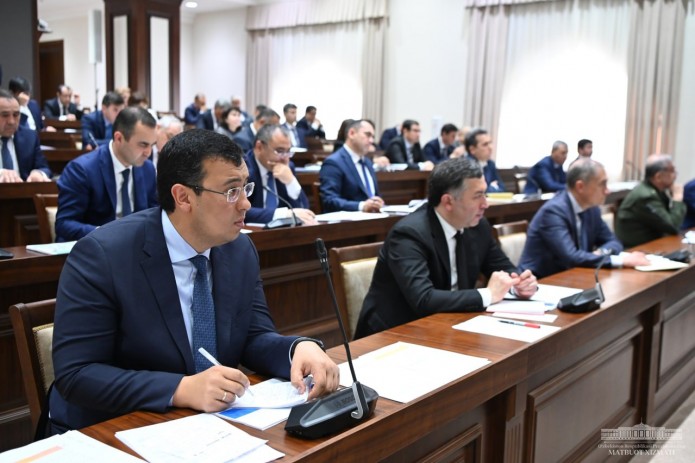
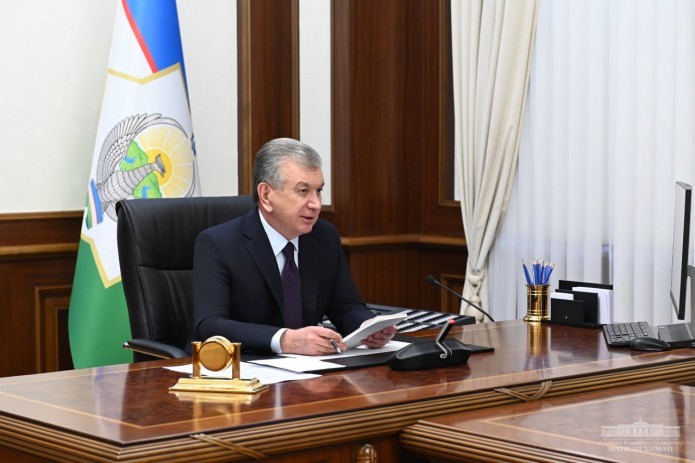
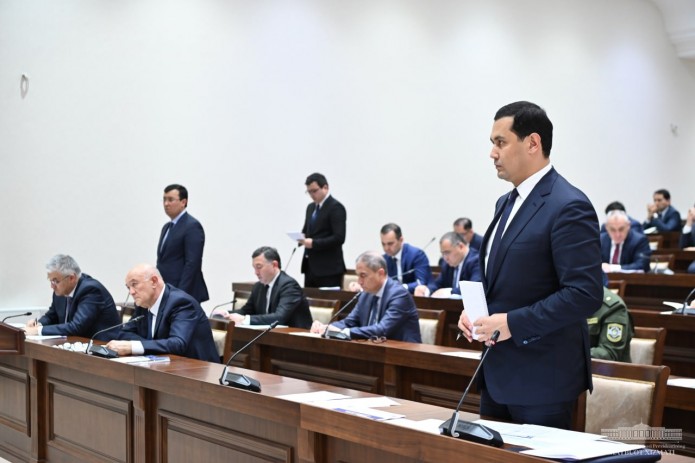
.png)






